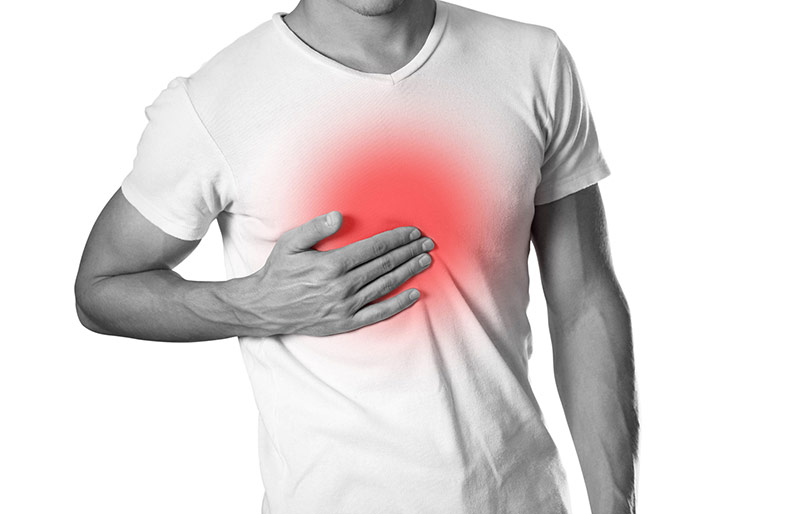Heartburn Clinical Study
The heartburn clinical study aims to revolutionize the understanding and treatment of gastroesophageal reflux disease (GERD), offering new hope for individuals seeking effective relief from chronic heartburn symptoms.
Current Clinical Studies
Heartburn
Welcome to our comprehensive page on the heartburn clinical study conducted at Elite Clinical Studies. If you’re among the countless individuals grappling with the discomfort of heartburn, we’re here to provide you with essential information about this condition and how our research endeavors are focused on uncovering advanced solutions.
Understanding Heartburn
Heartburn, a common symptom of gastroesophageal reflux disease (GERD), is characterized by a burning sensation in the chest or upper abdomen. It occurs when stomach acid flows back into the esophagus, often triggered by certain foods, beverages, or lifestyle factors. While occasional heartburn is normal, frequent or severe episodes can disrupt your daily life and well-being.
Symptoms of Heartburn
Burning Sensation: A fiery discomfort rising from the stomach to the chest or throat.
Regurgitation: A sour or bitter taste in the mouth due to stomach contents refluxing.
Chest Pain: Uncomfortable pressure or pain in the chest area.
Difficulty Swallowing: Feeling of food getting stuck or pain while swallowing.
Chronic Cough: Persistent cough, especially when lying down.
Our Focus in Heartburn Clinical Studies
At Elite Clinical Studies, we recognize the impact that chronic heartburn can have on your quality of life. Our research and clinical trials are centered around:
Innovative Treatments: We investigate novel therapeutic approaches designed to manage heartburn symptoms effectively, reduce their frequency, and enhance overall digestive well-being.
Dietary Modifications: Our studies examine the role of specific foods, dietary habits, and lifestyle changes in alleviating heartburn symptoms and preventing their recurrence.
Personalized Care: Understanding that experiences with heartburn can vary, our experts provide personalized care and tailor treatment plans to address individual needs.
Join Our Heartburn Clinical Study
By participating in our heartburn clinical trials, you’re actively contributing to the advancement of medical knowledge and shaping the landscape of heartburn management. Whether you’re seeking relief from persistent symptoms or are motivated to contribute to scientific progress, your involvement can make a meaningful impact.

